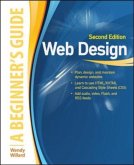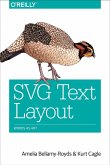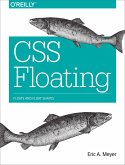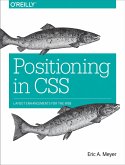This research study investigates how the benefits of Agile methodology can be extended to the learners to attain their educational goals. More specifically, the study explores the Scrum framework which is one of the most popular agile methodologies in the software development system. The research focuses on development of framework for an online Web based collaborative learning environment based on Scrum framework (WBCLES). An effort was made in this research work to integrate the concepts, principles and the core components of Scrum into the Web based collaborative course on Java Programming. For making meaningful comparisons, additional procedures were taken to implement the same course on Java Programming in traditional mode of education as well as Web based mode without employing Scrum concepts. Moreover, the traditional mode of the course also included Scrum implementation version. Thus, the study was proposed to make several comparisons based on the performance of learners in the diagnostic tests conducted at the end of the course. The studies were designed to compare the performance of learners in Web based collaborative learning using Scrum methodology with that of traditional Web based education, similar comparisons were also made between the performance of students in traditional face to face learning mode with that of traditional face to face learning mode using Scrum framework. In addition, overall comparisons were also made between the average performances of the learners in all the four modes of learning. The study was conducted with the students pursuing third year of bachelor degree program in Computer Application course. Four groups of students were identified to attend the course in the respective modes of learning.







